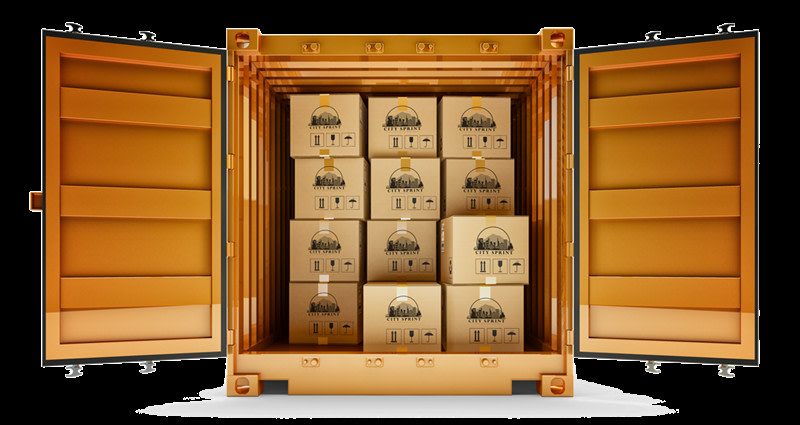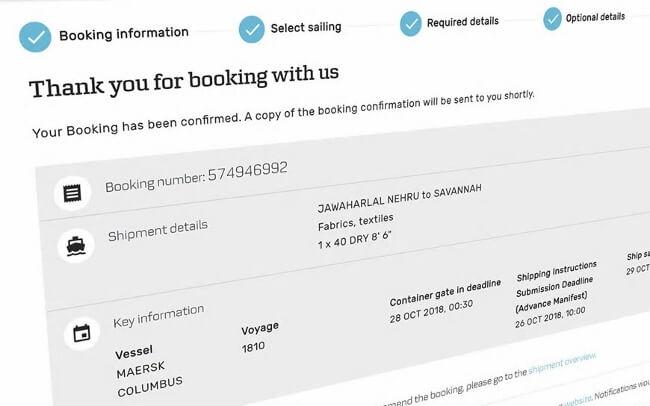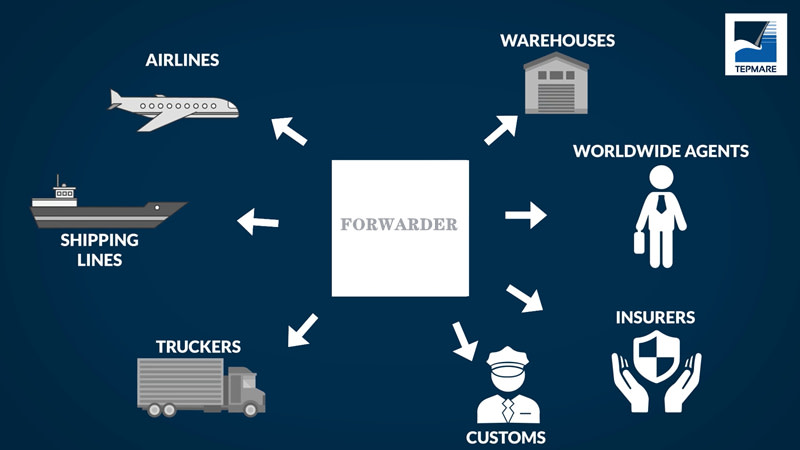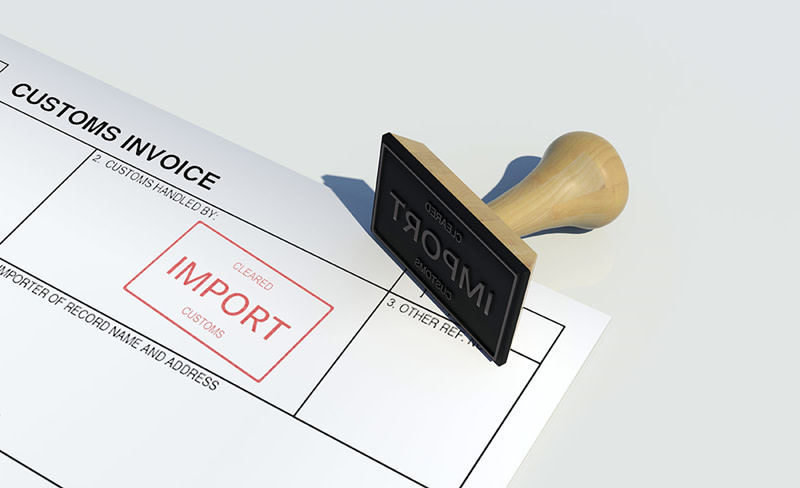Of the many international trade terms used, 90% of shipping is done through FOB (Free On Board). In a FOB trade, the buyer is responsible for booking a ship to take delivery of the cargo and the seller is required to load the cargo onto the ship specified by the buyer at the port of shipment and within the time limit specified in the contract and to notify the buyer in good time. The risk is transferred from the seller to the buyer when the cargo crosses the ship's rail at the time of loading. For importers, they prefer the FOB payment method because they have more control over the vessel route, schedule and cost, but at the same time, the risk is transferred when the cargo cross the ship's rail and the importer himself has to bear the risk of sea transport and subsequent inland transport.
It must be said that the global epidemic of 2020 has not only left medical equipment in short supply but has also created a situation of shipping space extremely limited. The shortage of space and sailing schedules has caused delays of at least 50% in the delivery of cargo, and sea freight prices are rising. In such an environment, how not to waste any space, how to control the invisible costs of shipping, is what the FOB importers need to pay attention to.
FCL or LCL, and Maximize Container Utilization
Before the order enters the packaging design or production process, the importer should contact the exporter closely to obtain information, such as product packaging size, weight, completion time and quantity. According to the number of orders, you need to determine the shipping way (FCL / LCL). For LCL cargo, sea freight costs generally depend on the volume of the product. Generally speaking, if the total volume of the cargo exceeds 20 cubic metres, it is not recommended to ship it in LCL. The total sea freight costs, handling costs, etc. are no less than a 20’GP container and the possibility of damage to the cargo is greater.
For orders that have been confirmed to FCL shipment, we need to develop solutions to maximise container space utilisation, according to the volume of cargo and the expected number of finished cargo, including the choice of container type (20’GP/40’GP/40’HC/45’GP, etc.), product loading placement, etc. The importer can make the plan or ask the exporter to follow it, or require the exporter to provide the plan, but the importer has to confirm that it is the most efficient plan in time.


Booking and Shipping Schedule
For FOB importers, an order with negotiated quantity, amount and delivery date does not mean the end of the trade process. According to the FOB terms, the importer is also responsible for the assignment of vessels and space. Although in the current practical operation process, in order to simplify the booking process, or due to the inconvenience of booking abroad, the booking process is completed by the exporter or factory, but the importer has the highest decision power in the booking process.
Generally speaking, if the number of orders is not large, like only 2-3 containers of cargo, you can choose booking in one shipment. Although the sea freight cost of each container keeps unchanged, many other costs such as documentary fees, operating fees, etc. are charged by one batch. Thus, the average cost on each container can be reduced and duplicate operation on single container booking space, making documents, and customs clearance can be avoided.
And if it is for a relatively large quantity orders, it is recommended that each shipment is booked in accordance with 2-4 containers, so that it will not lead to the whole order of the remaining containers of cargo shipped with delays because one of the containers shipped with problems ((lack of containers, document errors, customs inspection, container rejection, etc.). And in the current situation of a severe shortage of space, you can book with 2-3 freight forwarders or carriers separately, which can increase the chance of getting space. In addition, for orders with large quantities and frequent local shortage of products, you can ask the exporter to book and arrange shipments according to a one-week cycle, so as to avoid the delay of one ship and affect the whole local supply chain in the importing country, and not to cause local customs clearance congestion or warehouse overflow due to concentrated delivery.

Confirmation of Appointed Freight Forwarder and Ship Date
For orders with FOB terms, the importer directly contacts a trusted freight forwarder in the importing country, and then the local freight forwarder contacts their office in the exporting country. Generally, the local office in the exporting country will follow the instructions of the forwarder in the importing country. The local forwarder in the exporting country contacts the exporter checks the booking information submitted by the exporter and gives feedback to the local forwarder in the importing country and the importer. In this process, the importer faces the freight forwarder directly. Not only can choose his trusted freight forwarder, but also has the opportunity to negotiate directly, thus reducing the logistics cost of the cargo.
At the same time under the FOB term, for the appointed freight forwarder, the importer has the right to request the carrier, route, ETD, ETA. For the choice of carrier in the booking process, you can refer to another article. Only after the importer confirms the space information, the appointed freight forwarder will notify the exporter to prepare the cargo for loading. Therefore, for the appointed freight forwarder or the exporter to send the space confirmation information, the importer needs to check and give the confirmation instructions in time. Otherwise, the exporter cannot get the SO and other documents from the appointed freight forwarder, thus missing the delivery.

Cargo Tracking and Import Customs Clearance
Importers and freight forwarders work closely together, as they can directly get the information of cargo in transit at anytime and anywhere through freight forwarders, and always grasp the whole range of accurate information of cargo. With complete control, you can avoid the exporter's deception. Because in many international tradings, there are often Anti-dated B/L. If it is FOB, then the importer's own appointed freight forwarder is unlikely to cooperate with the exporter to issue the wrong B/L.
After the vessel has sailed, the importer should promptly confirm the information on the draft B/L provided by the exporter to ensure that the documents are accurate. In case the original documents are wrong and need to be amended, and to ensure the timeliness of customs clearance, the importer can ask the exporter to express all the original documents within a week after sailing, and to scan and mail them at the same time. Of course, it is also important that the importer's own payment is up to date, as the exporter has to confirm the final payment before the original documents can be sent.

As the shipping shortage is expected to continue until 2022 and shipping costs are not expected to drop significantly, importers in a wait-and-see situation should seize this opportunity to fill the market vacancy, request early delivery of orders in conjunction with exporters, choose the quantity and period of shipment wisely, maximise the utilization of container space and confirm relevant documents in a timely manner in order to reduce average costs and save time and efficiency.